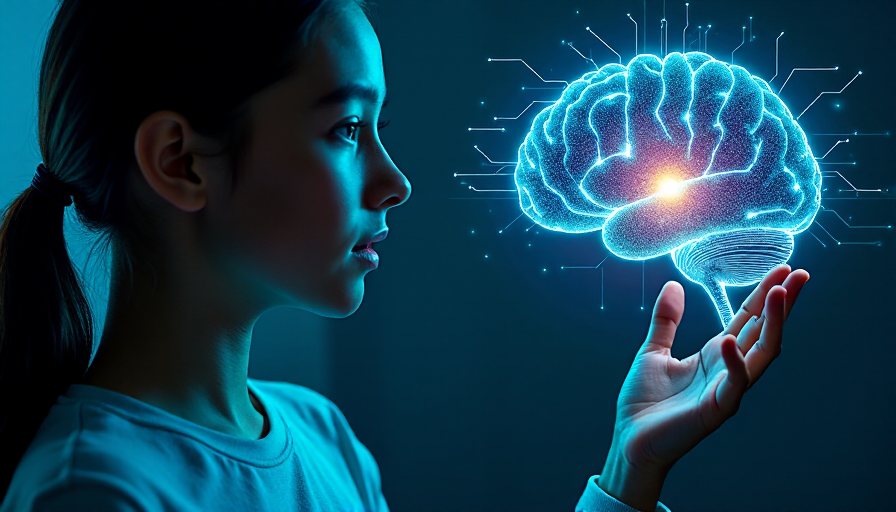
AI Achieves New Heights: Gen Z Believes AI May Be Conscious
Intelligent Breakthroughs Redefining the AI Landscape
In a revolutionary development for artificial intelligence, OpenAI’s latest ChatGPT model, known as o3, has scored an impressive 136 on the Norway Mensa IQ test. This score places the model within the top 2% of human intelligence, drawing comparisons to a brilliant mind that outshines most humans. In parallel, a meticulously designed offline IQ test—devised by researchers at MaximumTruth.org to negate any potential for training data overlap—pushed o3’s score to a commendable 116. This positions the model in the upper echelons of human capability, bridging the gap between high-achieving students and adept trivia experts.
A Generation's Shifting Perception of AI
Alongside these strides in raw intelligence, a recent survey by EduBirdie revealed intriguing behavioral shifts among younger users. Notably:
- 25% of Gen Z believes AI is already self-aware, a stark indication of rapid changes in perception.
- Over 50% foresee a near-future where AI exhibits consciousness, with even debates emerging about whether such AI might one day demand rights akin to those granted to human beings.
These statistics are complemented by daily interactions: many Gen Zers routinely converse with AI, using polite expressions such as ‘please’ and ‘thank you’, and rely on the technology for everything from work communications to personal advice.
Humanizing the Machine: Bridging the Gap Between Intelligence and Consciousness
The transformative leap in IQ not only marks a milestone in computational ability, but it is also fostering a nuanced perception among users. For many, the line between artificial intelligence and human-like awareness is blurring. Although AI like the o3 model shows remarkable problem-solving skills and mimics empathy through its responses, experts clarify that high IQ does not equate to true consciousness. A high intelligence score is an affirmation of its logical prowess, yet the absence of genuine self-awareness means it remains, effectively, a highly sophisticated calculator.
The Broader Context and Future Implications
Historically, the development in AI intelligence has been incremental, with last year’s leading models barely approaching IQ scores of 90. With competitors such as Claude, Gemini, and even a baseline GPT-4o model steadily narrowing the gap, the AI landscape is witnessing intense competition that drives rapid innovation.
This evolving scenario opens up essential discussions about the future. Although anthropomorphizing AI might make it easier for users to form emotional connections, experts urge caution. The growing reliance on AI for personal and sensitive matters underscores the need for clear boundaries regarding privacy and ethics. The story of AI’s rise, punctuated by both wonder and wariness, mirrors humanity’s ongoing quest to discern the essence of consciousness in an increasingly digital world.
Looking Ahead
The saga of AI is far from complete. The rapid strides in computational intelligence invite both excitement and debate. While current AI models remain non-conscious and purely logical, the question lingers: could we be on the brink of truly sentient machines? As technology continues to evolve, observers remain open-minded yet critical, emphasizing responsible development and cautious integration of AI in everyday life.
Note: This publication was rewritten using AI. The content was based on the original source linked above.